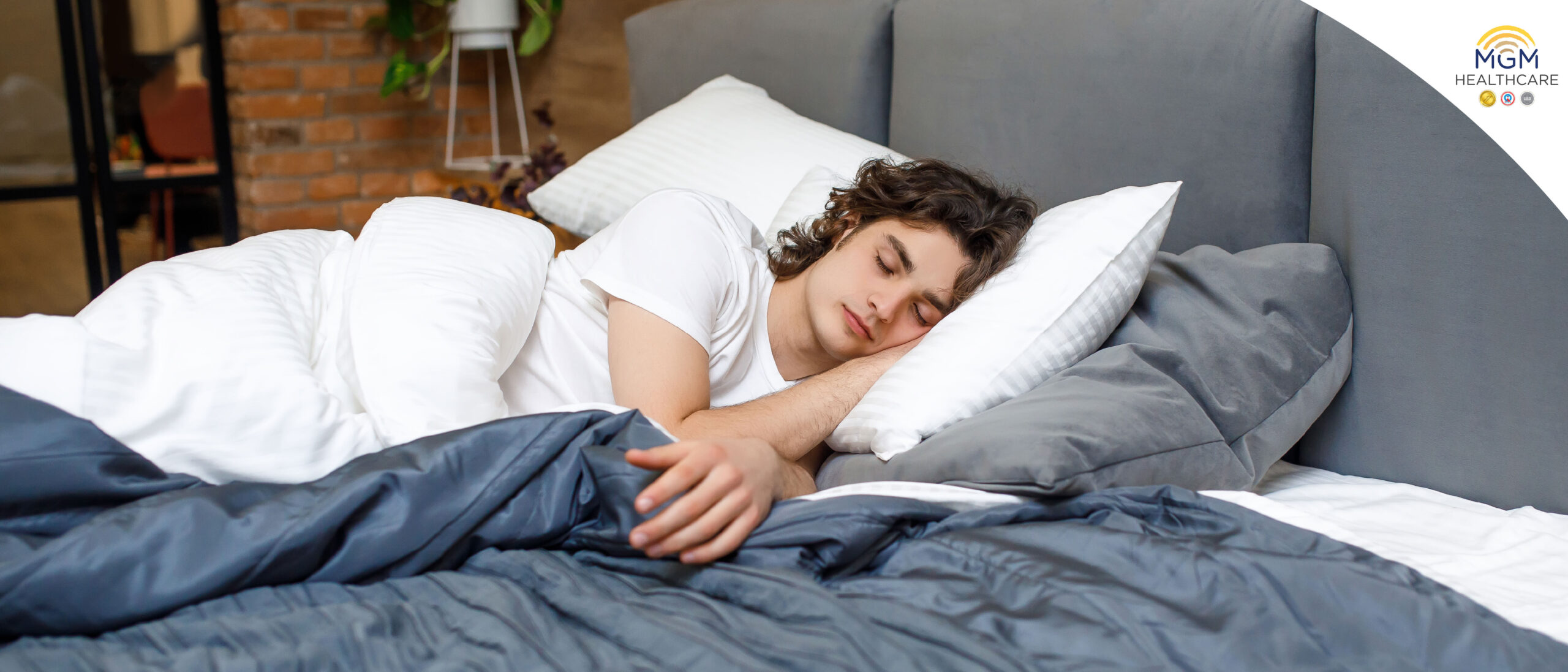Appointment
Please Select the type of appointment you would like to book
Sleep Science and the Use of Sleep Aids Mon , Sep 22

About the Health Information
Our Health information will help you stay up to date on what is happening in health care. We bring you news/information/perspectives around health care innovations, preventive medicine, early diagnosis, nutrition and diet, women’s health, men’s health, children’s health, latest technologies, treatments and surgeries, diseases and conditions, fitness and more.
Popular Posts

Six daily shoulder exercises for arthritic pain

Shoulder Arthritis and its types

Stress and how to beat it
Categories
- Cancer
- Cardiac Care
- Children's Health
- Covid-19
- Diabetes
- ENT
- Health Emergencies
- Health Tips
- Hernia
- Interventional Pulmonology
- Kidney Stone
- Medical Emergency
- Men's Health
- Neuro Care
- Oral Cancer
- Orthopaedics
- Spine Care
- Stroke
- Transplants
- Women's Health
- World Brain Day
- World Health Day
- World Hearing Day
- World Kidney Day
- World Sleep day
- World Vaccination Day
-
Getting enough sleep is really important for our health and well-being. As more people learn about how sleep aids might help, more people are using them, from melatonin supplements to prescription drugs. Experts say that these tools can help people get back to a normal sleep pattern, but they need to be tailored to each person and watched closely to avoid any possible hazards.
-
For a few, sleep comes quickly as soon as they get into bed.But for another team, bedtime feels more like a nightly battle. This team of restless sleepers tosses and turns, counts sheep, or scrolls endlessly through their phones, hoping sleep will finally come. It’s no surprise then that a burgeoning market of sleep products has emerged to support them—ranging from white noise generators and soothing rain playlists to herbal teas, melatonin supplements, and even traditional remedies like warm turmeric milk before bed.
What does it mean to sleep?
-
Dr. Sridhar R., a senior consultant in interventional pulmonology at MGM Hospital in Chennai, says that sleep can be broadly split into two groups:
- Non-Rapid Eye Movement (NREM) sleep, which has three stages: light sleep (N1), deep, restorative slow-wave sleep (N3), and light sleep (N2).
- Rapid Eye Movement (REM) sleep is the stage when vivid dreams happen and is important for processing memories and emotions.
-
During a normal night, you go through four to six sleep cycles, each lasting 70 to 120 minutes, and you move smoothly between NREM and REM. People usually need 7–8 hours of sleep. However, newborns can sleep up to 22 hours a day, children need 9–12 hours, teenagers need 8–10 hours, and older individuals need 6–8 hours.
-
Indians and Asians generally sleep less than people from the West. Experts say that people who fall asleep quickly may have a strong circadian rhythm (the body’s internal clock) and lower levels of stimulation before bed. Good sleep hygiene is also important. This means going to bed and waking up at the same time every day, controlling stress, and cutting down on light exposure before bed.
-
Sleep difficulties can sometimes stem from late caffeine intake, excessive screen exposure, or underlying sleep disorders such as insomnia or obstructive sleep apnea (OSA).
Health Risks Related to Sleep
-
Not only can lack of sleep make you fatigued, but it can also hurt your health in the long run. Some of the most frequent sleep problems in India are:
- Insomnia, which is when you have trouble falling asleep or staying asleep even when you have the chance to relax.
- Obstructive Sleep Apnea (OSA) – When your airway gets blocked while you sleep, it makes you stop breathing and get less oxygen. Obstructive sleep apnea (OSA) is commonly connected to being overweight, having big tonsils, or having a head and face shape that makes it hard to breathe. It can make you more likely to get high blood pressure, heart disease, and cognitive issues.
- Restless Leg Syndrome (RLS) – A neurological disorder that makes your legs feel unpleasant and makes you want to move them.
- Narcolepsy is a long-term condition in which the brain has trouble controlling sleep-wake cycles, which makes people very sleepy during the day.
For Better Sleep
-
Many people think that herbal medicines like chamomile tea, ashwagandha, brahmi, and turmeric milk will help you relax, but you shouldn’t treat yourself with over-the-counter pharmaceuticals.
-
Dr. Sridhar says that anyone who suffers persistent insomnia (having trouble sleeping three or more nights a week for more than three months) or sleep problems caused by a medical ailment should see a professional.
-
The World Health Organization (WHO) and other global health organizations promote research into sleep disorders and authorize some prescription drugs for short-term usage. However, their basic advice is still the same: create healthy sleep habits that last.
-
Experts say that getting enough sleep is not a luxury; it’s a basic need. Your body and mind stay healthy during all stages of sleep. Your health will eventually indicate that you’re not getting it. consult a sleep expert and take proactive steps toward better rest.

 In-person Consultation
In-person Consultation Online Video Consultation
Online Video Consultation Treatment Enquiries
Treatment Enquiries Find a Doctor
Find a Doctor Access the Patient Portal
Access the Patient Portal +91 44 4524 2407
+91 44 4524 2407  Minimal Access GI & Bariatric Surgery
Minimal Access GI & Bariatric Surgery Multi-Visceral and Abdominal Organ Transplant
Multi-Visceral and Abdominal Organ Transplant Neurology
Neurology Spine Surgery
Spine Surgery Total Knee replacement
Total Knee replacement Anaesthesiology & SICU
Anaesthesiology & SICU Paediatric Cardiology
Paediatric Cardiology Emergency Na MGM
Emergency Na MGM IVF
IVF Oncology Treatments
Oncology Treatments